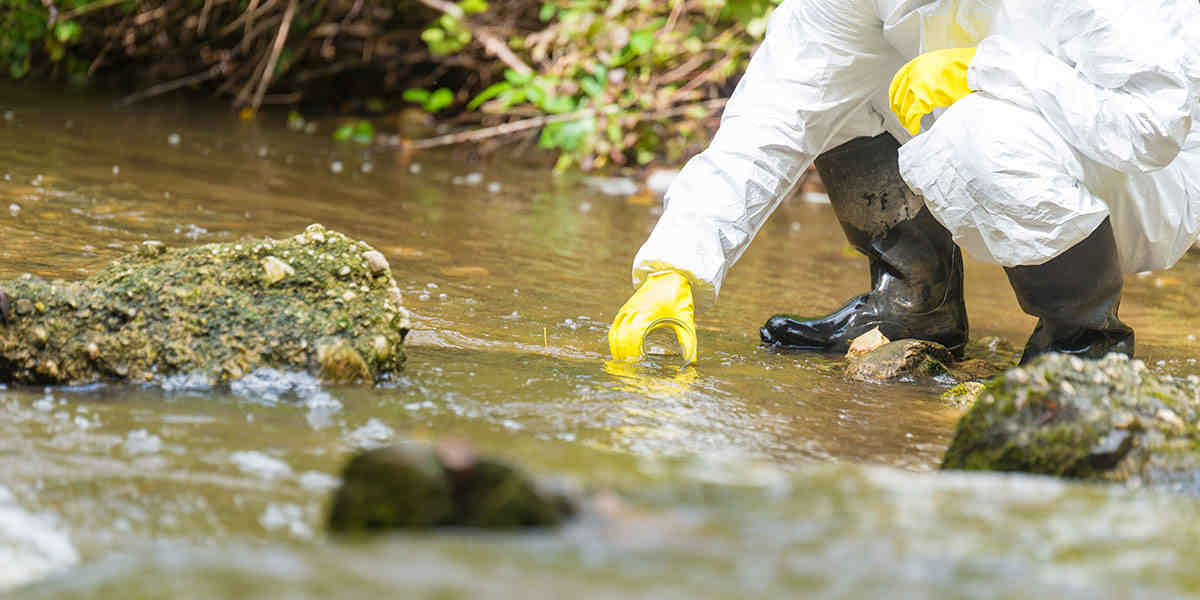OVERVIEW
Plant and Environmental Biology is the scientific study of plants. It includes the diversity of plants, their structure, function, ecology and how they interact with other organisms. Plant and Environmental Biology is one of the first scientific disciplines and connects with many other disciplines in the Biological, Physical and Social Sciences.
In view of the fact that plants are the primary producers that support all human life, Plant and Environmental Biology has a wider range of applications in many fields. These include; agriculture, biotechnology, environmental science, natural resource management, nature conservation, food and pharmaceutical industries among others.
The results of botanical research do not only give insight into plants and the essential processes that affect ecosystems and the natural environment. They also contribute to food, social and economic security. Be it primitive or modern society, plants remain an essential life-support for human existence. This is evident in the role they play in carbon and oxygen cycles, agriculture, building & construction, pharmaceutical, clothing and textile industries.
AIMS AND OBJECTIVES
At the end of the programme, students are expected to;
• Develop an all-inclusive understanding of the science of plants covering algae, mosses, ferns, gymnosperms and flowering plants.
• Develop an in-depth understanding of essential plant processes and how they affect ecosystems and natural environment.
• Develop the ability to apply principles and concepts in Plant and Environmental Biology to address issues in conservation and management.
• Acquire the knowledge of plant diversity and identification alongside practical techniques in field ecology.
• Develop a deep understanding of selected electives from Advanced Plant Anatomy, Advanced Plant Taxonomy, Fresh Water Biology, Genetics & Breeding, Plant Ecology & Plant Microbiology and their scientific, economic and social importance and applications.
INDUSTRY/GLOBAL TRENDS
Plant and Environmental Biology is one of the key disciplines investigating the effects of human activities on the environment. The findings of such studies help in predicting climate changes and their consequences, particularly on food production. Botanists studying chemicals produced by plants are also churning out new uses which were previously unknown.
Some of these include raw materials for building, paper, solvents and adhesives, fabrics and medicines used in treating debilitating diseases like cancer. Recently, advances in Genetics and other related sciences have been applied by botanists to expand the fields of Tissue Culture and Biotechnology. With Tissue Culture, whole plants can be grown from single cells; and this is useful in plant breeding where desirable traits such as disease, insect and draught resistance can be propagated. Similarly, Biotechnology allows for modifying the genetic materials of organisms directly and precisely to improve plants for specific purposes.
ASSESSMENT
Students will be assessed on the basis of completed assignments, examinations, workplace learning and projects or other methods as outlined in specific subject outlines.
ENTRY REQUIREMENTS
See General Admission Requirements and Procedures pages.
TUITION METHODS
Lectures, class discussion and practical tutorials.
CAREER PROSPECTS
There are numerous job opportunities in Industry, Research, Educational Institutions and MDAs for B.Sc Plant and Environmental Biology graduates. These include among others;
• Biodiversity/Environmental Conservation
• Consultancy for Environmental NGOs
• Environmental Protection/ Monitoring
• Flora Surveys
• Horticultural Services
• Mining/Land Use Rehabilitation
• Research/Policy Advocacy
• Vegetation Management
• Vegetation Mapping








